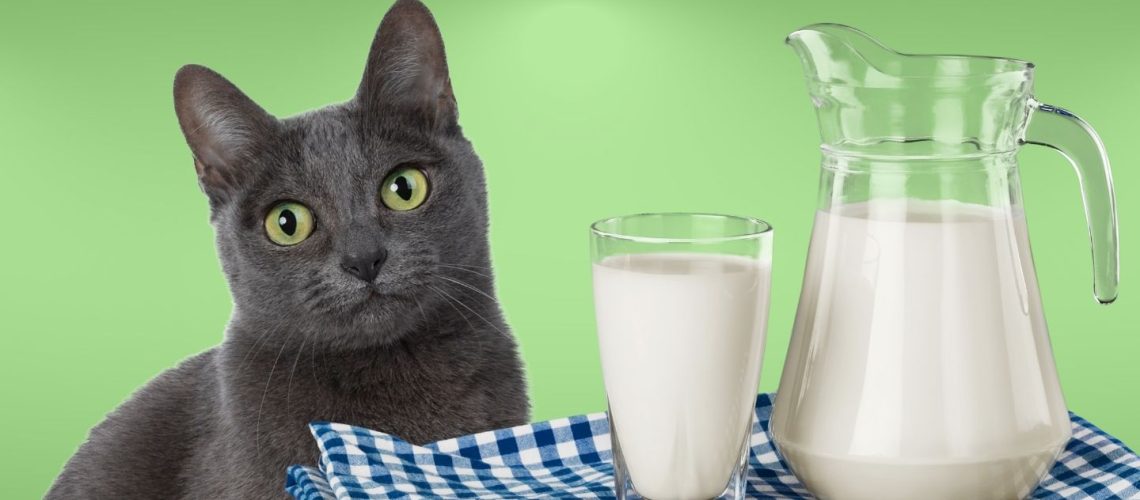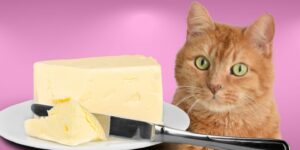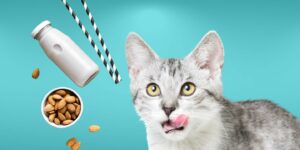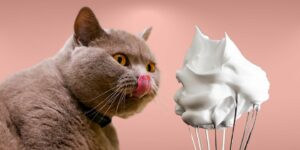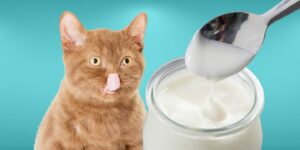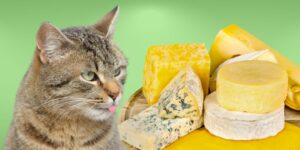The common misconception that cats and milk go hand-in-hand may have been perpetuated by popular culture, but the reality is quite different. The main topic of discussion in this article is whether cats can drink milk or not. In short, the answer is no, cats cannot drink milk.
The Science Behind Lactose Intolerance in Cats
What is lactose intolerance?
Lactose intolerance is the inability to digest lactose, a sugar found in milk and other dairy products. In cats, this intolerance occurs when their body doesn't produce enough lactase, the enzyme responsible for breaking down lactose. As a result, cats can suffer various health problems upon consuming milk.
How does lactose intolerance develop in cats?
Kittens are born with the ability to digest lactose because their diet solely consists of their mother's milk. However, as they grow older and transition to solid food, their lactase production decreases, resulting in lactose intolerance.
Symptoms of Lactose Intolerance in Cats
After consuming milk or other dairy products, lactose-intolerant cats may experience:
- Diarrhea
- Vomiting
- Abdominal pain
- Bloating
- Gas
Dangers of Giving Milk to Cats
Feeding milk to lactose intolerant cats can lead to dehydration due to diarrhea and vomiting. Dehydration and other health problems caused by consuming milk can be especially harmful for elderly cats or those with preexisting medical conditions.
Alternatives to Cow's Milk for Cats
Lactose-Free Milk
Lactose-free milk is an option for cats as it has the lactose removed. Although some cats may tolerate this alternative, it is essential to monitor them for any adverse reactions.
Cat Milk
Specially-formulated cat milk contains less lactose than regular cow's milk, making it easier for cats to digest. This milk can be offered as an occasional treat, but it should not replace water as the primary source of hydration.
Plant-Based Milk Alternatives
Plant-based milk alternatives, like almond milk and soy milk, are not suitable for cats as they lack essential nutrients and may contain harmful additives like artificial sweeteners.
Tips for Hydration and Nutrition in Cats
It's crucial to provide your cat with fresh water to keep them hydrated. Alongside proper hydration, a balanced diet is paramount for maintaining their overall health.
Frequently Asked Questions About Cats and Milk
Can kittens drink milk?
Kittens can digest lactose easier than adult cats, but they should only consume their mother's milk or a specially-formulated kitten milk replacer.
Can cats drink goat milk?
Goat milk has similar amounts of lactose as cow's milk, so it may still cause issues for lactose-intolerant cats.
Is cheese safe for cats?
Cheese is also a dairy product and contains lactose, so it's best to avoid giving cheese to your cat.
What should I do if my cat accidentally drinks milk?
If your cat accidentally consumes milk, monitor them for any signs of discomfort or illness. If symptoms persist or worsen, consult a veterinarian for professional advice.
Summary
Contrary to popular belief, cats should not drink milk as most are lactose intolerant, leading to health problems. While lactose-free milk or specially-formulated cat milk can be given occasionally, water remains the best hydration option for cats. It is important to monitor your cat's wellbeing, and always consult a veterinarian for expert advice regarding diet and nutrition.

